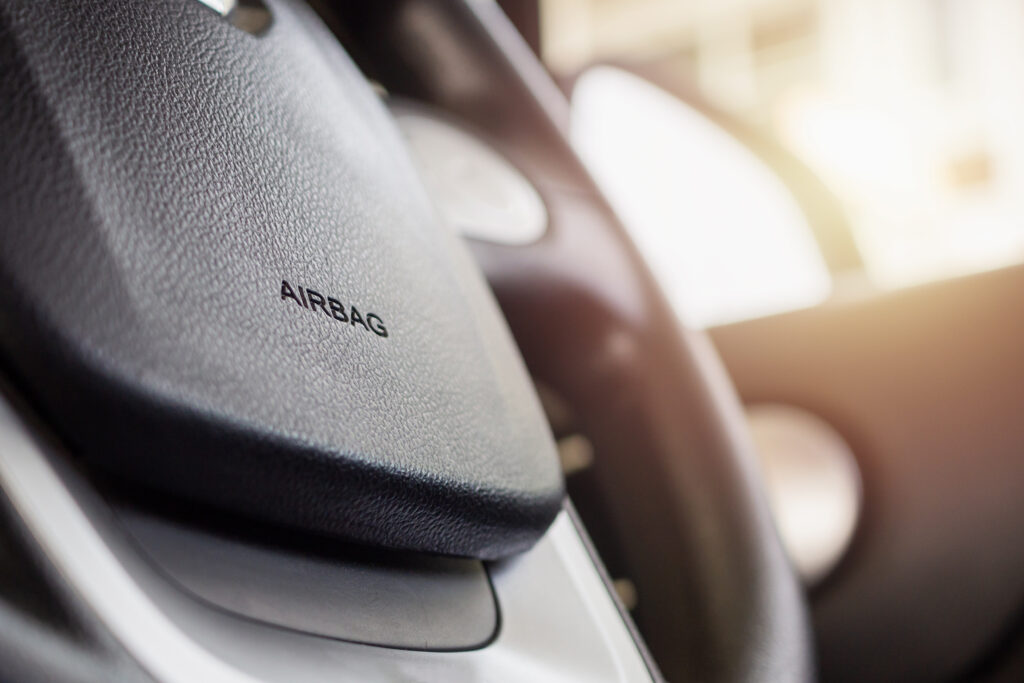Blog
FILTER BY DATE
Home » Blog
Airbags are there to protect you in the event of a car accident. If they don’t deploy properly when…
Navigating the legal world can be daunting, especially when you’re experiencing some of the most difficult times of your…
Personal injury claims arise when an individual sustains injuries due to the careless actions of another person, and having…
Since its launch in 2009, Uber has quickly built its reputation as one of the most well-known rideshare companies….
In December 2023, a difficult medical malpractice case finally found resolution. After eighteen grueling months, the opposition confidentially resolved…
No matter what precautions we take, car accidents can still happen and do occur frequently, with around 400,000 occurring…
Category













